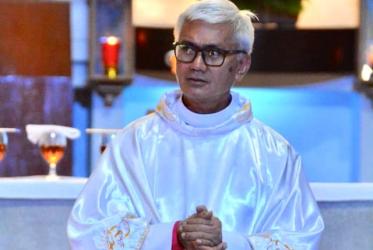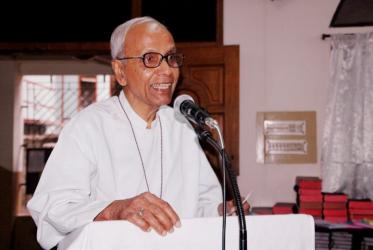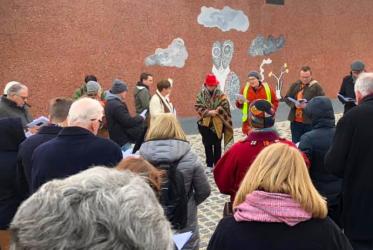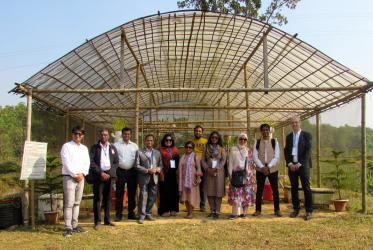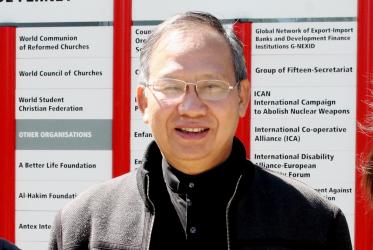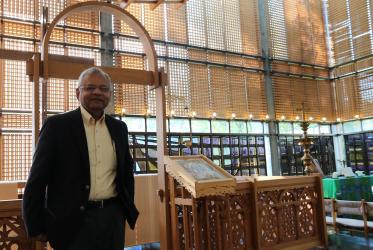Displaying 41 - 60 of 149
CCIA meets in Brisbane with focus on Pacific regional priorities
19 February 2020
Church response to Australian bushfires hinges on preparation
07 January 2020
WCC organises event on “The Human Rights Situation in the Philippines”
18 September 2019
WCC condemns massacre of farmers in Philippines
12 April 2019
Thursdays in Black: sharing support, transforming lives
21 February 2019
Workshop in Bangladesh links climate, economic justice
07 February 2019
All pilgrim routes lead to COP24
11 December 2018
WCC expresses condolences upon death of Bishop Nibaron Das
29 November 2018
WCC mourns passing of Rev. Dr Yam Kho Pau
28 November 2018
#WCC70: At the end of an assembly
16 October 2018




